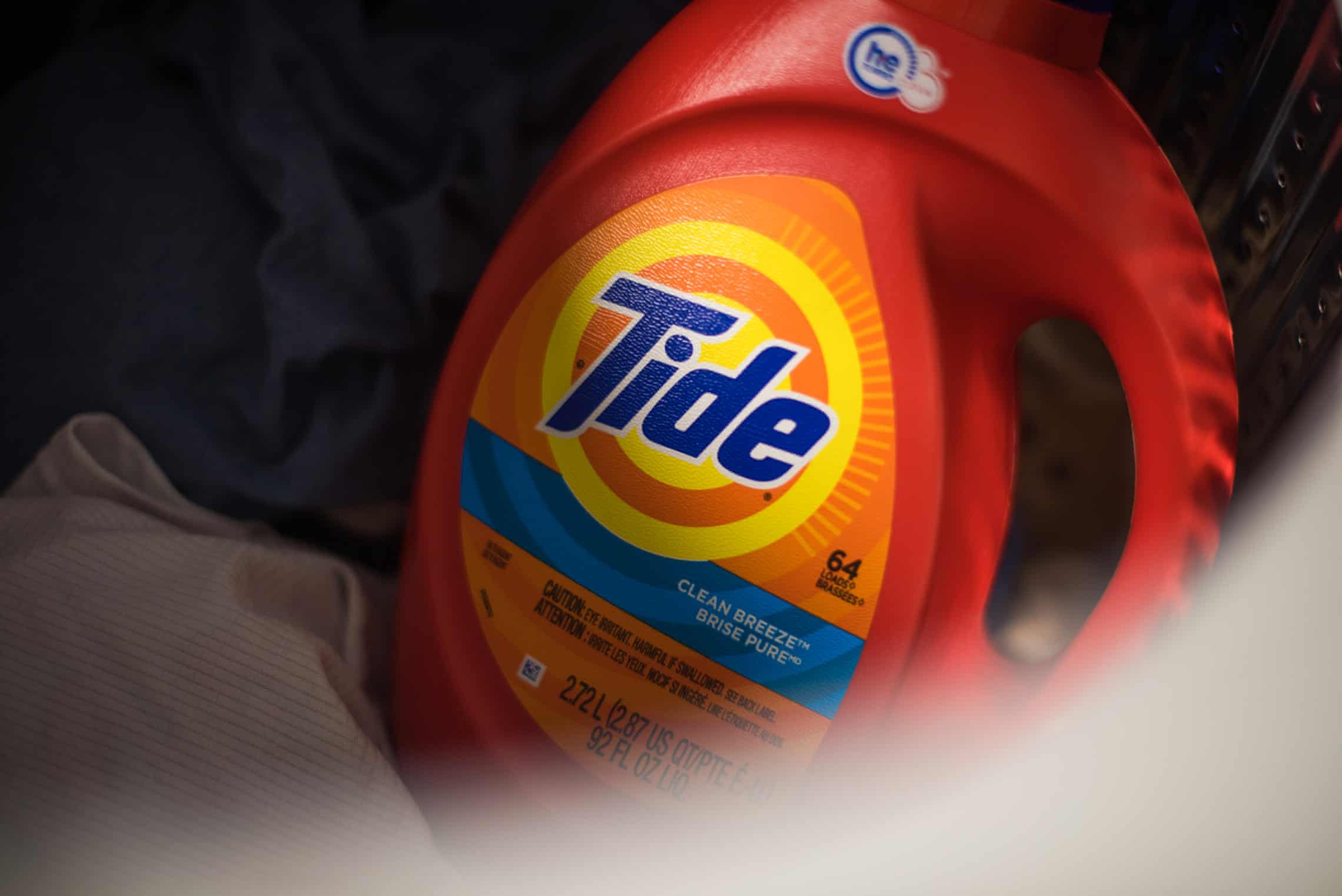 The Trump administration will resume garnishing wages from student loan borrowers in default in early 2026, the U.S. Education Department confirmed to NPR.
The Trump administration will resume garnishing wages from student loan borrowers in default in early 2026, the U.S. Education Department confirmed to NPR.
The move comes after a years-long pause in wage garnishment due to the pandemic.
"We expect the first notices to be sent to approximately 1,000 defaulted borrowers the week of January 7," a department spokesperson told NPR. The spokesperson said wage garnishment notices are expected to increase on a monthly basis throughout the year.
A borrower is in default when they have not made loan payments in more than 270 days. Once that happens, the federal government can try to collect on the debt by seizing tax refunds and Social Security benefits, and also by ordering an employer to withhold up to 15% of a borrower's pay. Borrowers should receive a 30-day notice from the Education Department before this wage garnishment begins.
Betsy Mayotte, the president and founder of The Institute of Student Loan Advisors, says even though borrowers have expected this, the timing is unfortunate.
"It will coincide with the increase in health care costs for many of these defaulted borrowers," she said, referring to the premium increases for Affordable Care Act health insurance that kick in in 2026. "The two will almost certainly put significant economic strain on low and middle income borrowers."

 Economic Glance
Economic Glance US prices rose 2.7% in the year to November, according to federal data released a day after Donald Trump claimed they were falling “very fast” on his watch.
US prices rose 2.7% in the year to November, according to federal data released a day after Donald Trump claimed they were falling “very fast” on his watch. The job market continues to show signs of cooling.
The job market continues to show signs of cooling. Meta will lay off roughly 600 employees within its artificial intelligence unit as the company looks to reduce layers and operate more nimbly, a spokesperson confirmed to CNBC on Wednesday.
Meta will lay off roughly 600 employees within its artificial intelligence unit as the company looks to reduce layers and operate more nimbly, a spokesperson confirmed to CNBC on Wednesday.































